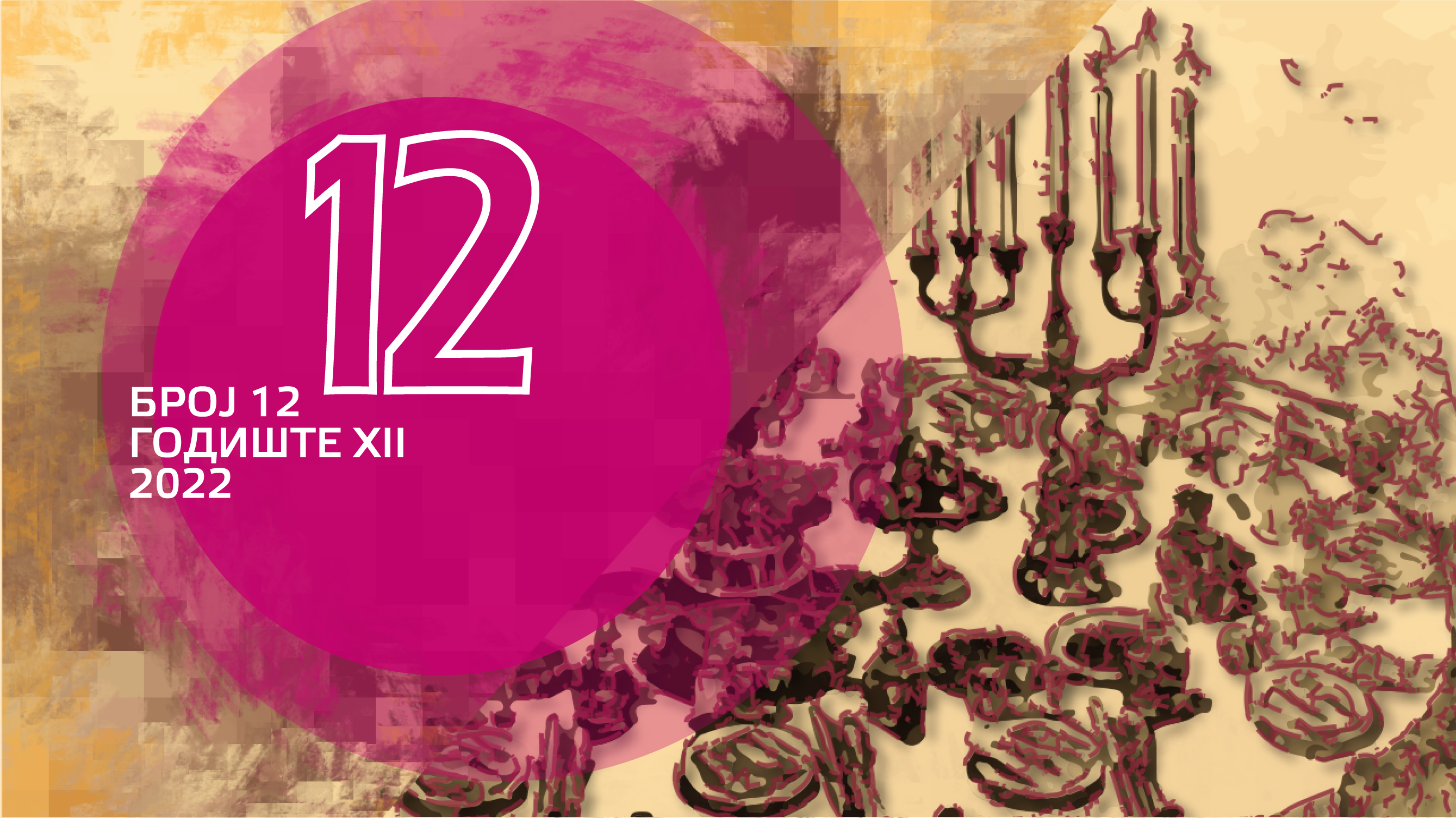Beyond the Madonna: The Woman Artist in Jagoda Truhelka’s “Plein Air”
Beyond the Madonna: The Woman Artist in Jagoda Truhelka’s “Plein Air”
Author(s): Maša GrdešićSubject(s): Cultural history, Studies of Literature, Gender history, Sociology of Literature
Published by: Филолошки факултет, Универзитет у Београду
Keywords: Beyond the Madona; The Woman Artist in Jagoda; Truhelka’s “Plein Air”; anxiety of authorship; femininity; romance
Summary/Abstract: At the end of the 19th century in Croatia, an increasing number of women entered the public sphere as artists and cultural workers. One such educated professional was Jagoda Truhelka (1864–1957), who worked as a teacher and predominantly wrote children’s and young adult literature as well as pedagogical essays. Truhelka’s main contribution to Croatian literary fiction is Plein air (1897), a novel featuring modernist narrative tendencies and a politically outspoken female protagonist, Zdenka Podravac (Nemec, Detoni Dujmić). Plein air is narrated from the point of view of Vlatko, a young man infatuated with Zdenka, a strong-willed and independent artist who supports herself and her elderly father by painting. As a woman artist, Zdenka experiences “anxiety of authorship” (Gilbert and Gubar) because of her social and economic position. She must also come to terms with masculine myths of femininity, learning to define herself beyond the stereotypical figures of “angel” and “monster”. In this way, her story is strikingly similar to that of Helen Graham, the heroine of Anne Brontë’s 1848 novel The Tenant of Wildfell Hall. The novel’s central tension between Zdenka’s recognition of women’s duties and her desire for freedom is not only crucial for her characterization but also for the construction of the plot, which resolves conventionally with Zdenka and Vlatko happily married. While Truhelka’s choice of ending might appear forced, this specific combination of early modernist narration and popular romantic fiction nevertheless results in exposing the cracks in patriarchal ideology. The sacrifice necessary for the novel’s happy ending reveals the limits of the romance plot because it demonstrates that the equality of independent heroines with men is still impossible, even unintelligible, in a society that may acknowledge their intelligence, strength, and other “masculine” qualities, but will regard them as “unfeminine” in a woman and an obstacle in attaining the ultimate feminine goal – marriage.
Journal: Књиженство
- Issue Year: 12/2022
- Issue No: 12
- Page Range: 5-24
- Page Count: 20
- Language: English

